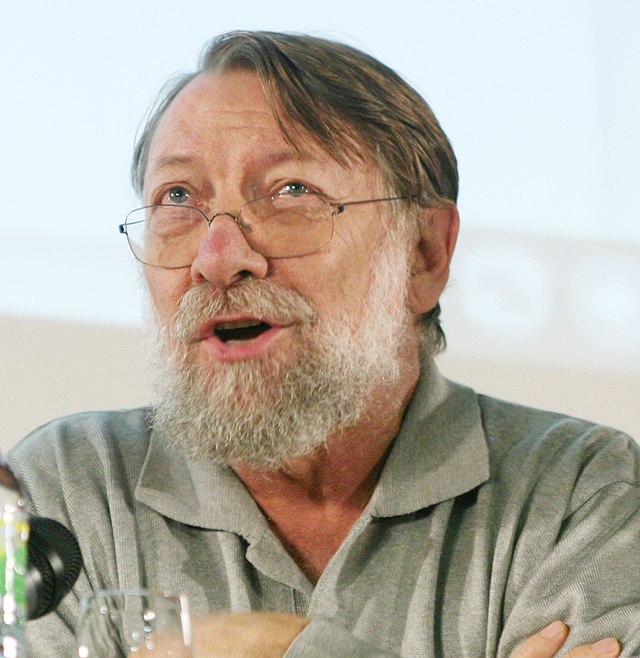
Discover the Best Books Written by Stéphane Courtois
Stéphane Courtois (born 25 November 1947) is a French historian and university professor, a director of research at the French National Centre for Scientific Research (CNRS), professor at the Catholic Institute of Higher Studies (ICES) in La Roche-sur-Yon, and director of a collection specialized in the history of communist movements and communist states.
The Black Book of Communism, a book edited by Courtois, has been translated into numerous languages, sold millions of copies, and is considered one of the most influential and controversial books written about the history of communism in the 20th century and state socialist regimes.
In the first chapter of the book, Courtois argued that Communism and Nazism are similar totalitarian systems and that Communism was responsible for the murder of around 100 million people in the 20th century. Courtois' attempt to equate the two has been effective but controversial, as well as revisionist, and it remains on the fringes in academia, on both scientific and moral grounds.
Courtois is a research director at the French National Centre for Scientific Research, in the Géode (group of study and observation of democracy) at Paris West University Nanterre La Défense as well as a professor at the Catholic Institute of Higher Studies – ICES. He is editor of the journal Communisme, which he cofounded with Annie Kriegel in 1982, and part of the Cercle de l'Oratoire think tank.
As a student, from 1968 to 1971, Courtois was a Maoist, but he later became a strong supporter of democracy, pluralism, human rights, and the rule of law. He was an activist in the Maoist Marxist–Leninist organization Vive communism from 1968 to 1971, which changed its name in 1969 to Vive la Revolution with Roland Castro.
At this time he directed the organisation's bookstore at rue Geoffroy-Saint-Hilaire in Paris. He describes himself as having been "anarcho-Maoist," but many "repented" of the extreme left and later became supporters of democracy and multi-party democracy and often anti-communists.
